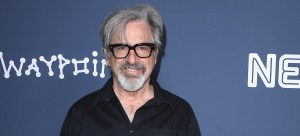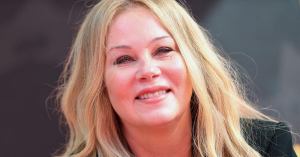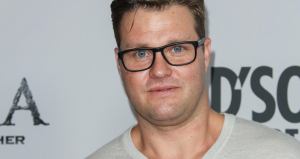Rob Dyrdek is opening up about his impressive financial situation after hosting Rob & Big, Rob Dyrdek’s Fantasy Factory and Ridiculousness during his years in the entertainment industry. The pro skateboarder and MTV host spoke candidly about how his salary has changed over the years during Monday’s episode of Dear Media’s Trading Secrets podcast, revealing the massive sum he makes off of Ridiculousness at this point.
When Rob & Big first aired, Dyrdek, now 47, was 32 years old and looking for a platform to expand his career. “I knew how bad they wanted me to do a show,” he explained. “I was probably getting $35K an episode of Rob & Big, and they offered me $125K an episode to do a fourth season of Rob & Big or do another show.”
Videos by PopCulture.com
Selling Fantasy Factory to MTV, Dyrdek insisted on owning the integration rights, which include product placement on the show. “Now, I sold deals to Chevy, Microsoft. I sold all my own deals that I wrote episodes around for the television show,” he explained. “I did all of that by owning that platform. Back then, I was making $125K an episode — which was pretty unprecedented from a talent fee perspective — but I was making millions because I owned the platform.”
Two years into Fantasy Factory, Dyrdek pitched Ridiculousness, which quickly became a mainstay on MTV. Learning how much money America’s Funniest Home Videos was bringing in, Dyrdek recalled, “I was like, ‘I’m gonna make the faster, cooler version of that.’ And that’s all we did. When we did the first pitch, we just took America’s Funniest Home Videos, took out all the fat, and then I stood in there with the pitch with an Xbox controller.”
The network bought the show on the spot, which is when Dyrdek was able to negotiate. “They would only pay me $35,000 an episode to do Ridiculousness, and then they offered me the $125,000. And then when I got the integration rights, then I’m like, ‘I’m just gonna do this because I can just make millions doing this,’” the athlete said. “A couple [of] years later, they were like, ‘Can we do this one again?’ and then I was able to get way more money based on the success of what had happened with Fantasy Factory and now this would be my third show with them.”
While in the past, integration rights felt like “inauthentic” placement of products, Dyrdek said he began to write episodes around businesses and products he either created or partnered with, which he said was “unprecedented” at the time. “Basically every episode was an integrated story around a company I owned or a company I did a partnership for to be in the show,” he explained.








